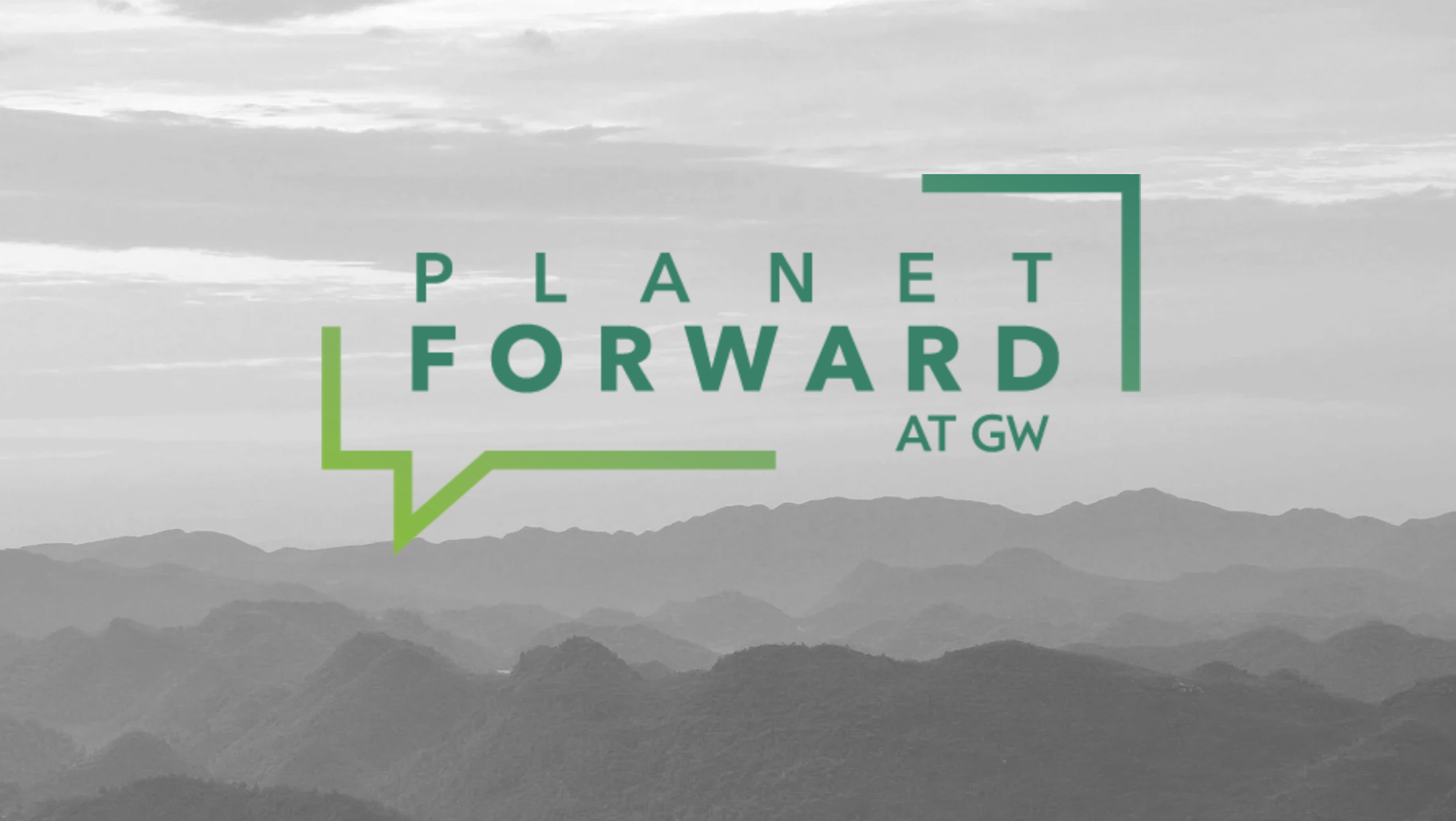 Michael Mann is a climatologist in the meteorology department at Penn State University and the director of the Penn State Earth System Science Center. He wrote a chapter in the IPCC report, and is credited as one of the creators of the famous “hockey stick graph” that shows the alarming rise in temperatures in the last one hundred years.
On the pages of today’s Washington Post Opinion section, Mann takes on an op-ed by Sarah Palin that appeared in the same section just a few weeks ago. On Dec 9, she argued that while Alaska's climate is changing, the "thawing permafrost and retreating sea ice" is a part of "natural, cyclical environmental trends." She cites the controversy over the hacked emails from the Climate Research Unit at the University of East Anglia as proof of her claim.
Is there consensus within the scientific community on climate change or has this controversy over these emails been overblown? Tell us what you think in the comments below.
Michael Mann is a climatologist in the meteorology department at Penn State University and the director of the Penn State Earth System Science Center. He wrote a chapter in the IPCC report, and is credited as one of the creators of the famous “hockey stick graph” that shows the alarming rise in temperatures in the last one hundred years.
On the pages of today’s Washington Post Opinion section, Mann takes on an op-ed by Sarah Palin that appeared in the same section just a few weeks ago. On Dec 9, she argued that while Alaska's climate is changing, the "thawing permafrost and retreating sea ice" is a part of "natural, cyclical environmental trends." She cites the controversy over the hacked emails from the Climate Research Unit at the University of East Anglia as proof of her claim.
Is there consensus within the scientific community on climate change or has this controversy over these emails been overblown? Tell us what you think in the comments below.
IPCC Scientist Takes On Sarah Palin. Who Wins?
 Michael Mann is a climatologist in the meteorology department at Penn State University and the director of the Penn State Earth System Science Center. He wrote a chapter in the IPCC report, and is credited as one of the creators of the famous “hockey stick graph” that shows the alarming rise in temperatures in the last one hundred years.
On the pages of today’s Washington Post Opinion section, Mann takes on an op-ed by Sarah Palin that appeared in the same section just a few weeks ago. On Dec 9, she argued that while Alaska's climate is changing, the "thawing permafrost and retreating sea ice" is a part of "natural, cyclical environmental trends." She cites the controversy over the hacked emails from the Climate Research Unit at the University of East Anglia as proof of her claim.
Is there consensus within the scientific community on climate change or has this controversy over these emails been overblown? Tell us what you think in the comments below.
Michael Mann is a climatologist in the meteorology department at Penn State University and the director of the Penn State Earth System Science Center. He wrote a chapter in the IPCC report, and is credited as one of the creators of the famous “hockey stick graph” that shows the alarming rise in temperatures in the last one hundred years.
On the pages of today’s Washington Post Opinion section, Mann takes on an op-ed by Sarah Palin that appeared in the same section just a few weeks ago. On Dec 9, she argued that while Alaska's climate is changing, the "thawing permafrost and retreating sea ice" is a part of "natural, cyclical environmental trends." She cites the controversy over the hacked emails from the Climate Research Unit at the University of East Anglia as proof of her claim.
Is there consensus within the scientific community on climate change or has this controversy over these emails been overblown? Tell us what you think in the comments below.
 Michael Mann is a climatologist in the meteorology department at Penn State University and the director of the Penn State Earth System Science Center. He wrote a chapter in the IPCC report, and is credited as one of the creators of the famous “hockey stick graph” that shows the alarming rise in temperatures in the last one hundred years.
Michael Mann is a climatologist in the meteorology department at Penn State University and the director of the Penn State Earth System Science Center. He wrote a chapter in the IPCC report, and is credited as one of the creators of the famous “hockey stick graph” that shows the alarming rise in temperatures in the last one hundred years.
On the pages of today’s Washington Post Opinion section, Mann takes on an op-ed by Sarah Palin that appeared in the same section just a few weeks ago. On Dec 9, she argued that while Alaska’s climate is changing, the “thawing permafrost and retreating sea ice” is a part of “natural, cyclical environmental trends.” She cites the controversy over the hacked emails from the Climate Research Unit at the University of East Anglia as proof of her claim.
Is there consensus within the scientific community on climate change or has this controversy over these emails been overblown? Tell us what you think in the comments below.
Micheal Mann, “E-mail furor doesn’t alter evidence for climate change”
I cannot condone some things that colleagues of mine wrote or requested in the e-mails recently stolen from a climate research unit at a British university. But the messages do not undermine the scientific case that human-caused climate change is real.
The hacked e-mails have been mined for words and phrases that can be distorted to misrepresent what the scientists were discussing. In a Dec. 9 op-ed, former Alaska governor Sarah Palin argued that “The e-mails reveal that leading climate ‘experts’ . . . manipulated data to ‘hide the decline’ in global temperatures.” Yet the e-mail she cites was written in 1999, just after the warmest year ever recorded (1998) to that date. It could not possibly have referred to the claim that global temperatures have declined over this decade — a claim that is false (the current decade, as has been recently reported, will go down as the warmest on record).
Sarah Palin, “Sarah Palin on the politicization of the Copenhagen climate conference”
With the publication of damaging e-mails from a climate research center in Britain, the radical environmental movement appears to face a tipping point. The revelation of appalling actions by so-called climate change experts allows the American public to finally understand the concerns so many of us have articulated on this issue.
“Climate-gate,” as the e-mails and other documents from the Climate Research Unit at the University of East Anglia have become known, exposes a highly politicized scientific circle — the same circle whose work underlies efforts at the Copenhagen climate change conference. The agenda-driven policies being pushed in Copenhagen won’t change the weather, but they would change our economy for the worse.



















